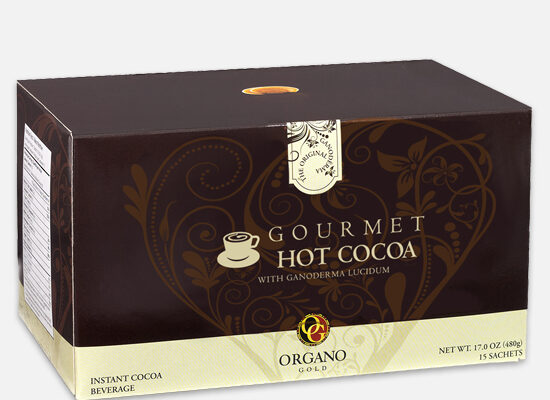Blog
Is Instant Coffee As Healthy As Ground Coffee?
With so many ways of making our morning cup o’ Joe — French press, automatic drip coffeemaker, K-cups, cold brew — it can be easy to dismiss instant coffee as inferior. But in reality, all factors go into creating the final product, including what type of beans and brewing method are selected and more – even instant can provide health benefits that other options don’t.
Caffeine is a natural stimulant that can increase alertness and metabolic rate, but overdoing it may cause insomnia, anxiety, high blood pressure, heartburn, headaches and other side effects. By enjoying your coffee with milk or cream instead of just black coffee you may reduce overconsumption as these substances help the body absorb caffeine more slowly while providing valuable calcium benefits as well. Furthermore, adding healthy fats like butter, coconut oil or olive oil into the mix may slow the absorption process and further enhance its metabolic-enhancing abilities.
Instant coffee tends to contain lower calorie levels than its brewed counterpart, as it requires less cream and sugar for preparation. This can help prevent extra calories and weight gain while decreasing heart disease risk and diabetes risk. Plus, there are healthy sweeteners like honey, maple syrup and agave syrup available that can sweeten instant coffee for you while still keeping it lower calorie!
Instant coffee poses some health concerns because it often contains more of the chemical acrylamide than its brewed counterpart, which has been linked with cancer risk in some forms of food preparation (i.e. chips and fries). That being said, however, instant coffee still typically contains much lower levels than these foods do.
Though brewed coffee offers more nutritional benefits, instant can also be an attractive choice if time or taste dictate. Just be sure to choose a brand with minimal ingredients and sealed containers so it doesn’t go bad quickly.
Powdered milk can help your instant coffee become even more nutritionally dense by providing additional protein and other essential vitamins found in whole milk, while helping you meet your daily dairy intake while simultaneously staying full longer to prevent overeating later on in the day. Plus, don’t forget that non-dairy options like soy or almond can always be substituted in for dairy alternatives!



